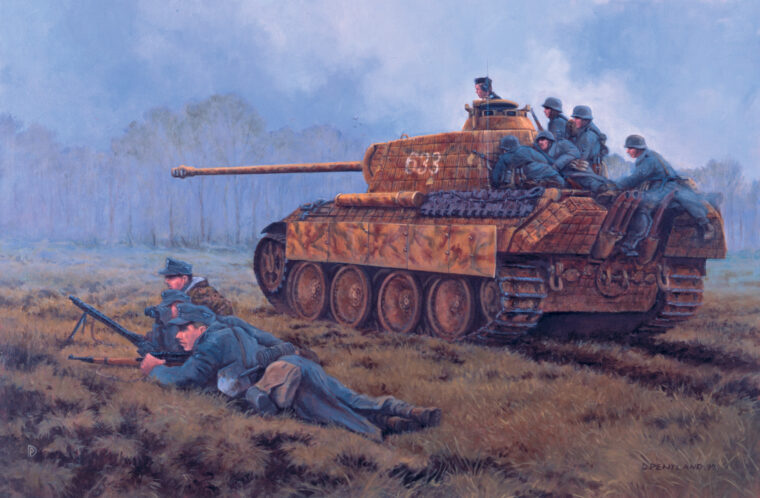
OSS
Waffen SS General Felix Steiner’s WWII Legacy
By Pat McTaggart“Where is Steiner?” Adolf Hitler demanded as his Thousand Year Reich crumbled around him in April 1945. “Is he attacking yet?” Read more

OSS
“Where is Steiner?” Adolf Hitler demanded as his Thousand Year Reich crumbled around him in April 1945. “Is he attacking yet?” Read more

OSS
In the 1960s the John Birch Society was well known to most Americans as a right-wing political organization noted for its anti-communism and conspiracy theories. Read more
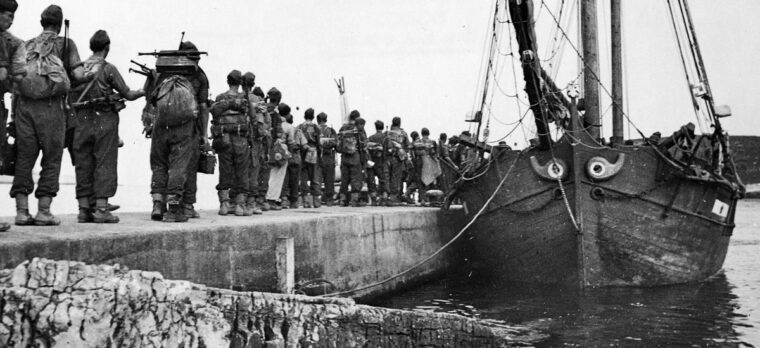
OSS
Several Hollywood stars served proudly in the U.S. Marine Corps during World War II, including Tyrone Power, Louis Hayward, Lee Marvin, Macdonald Carey, Hugh O’Brian, Bill Lundigan, John Russell, Robert Ryan, Brian Keith, and Peter Ortiz. Read more
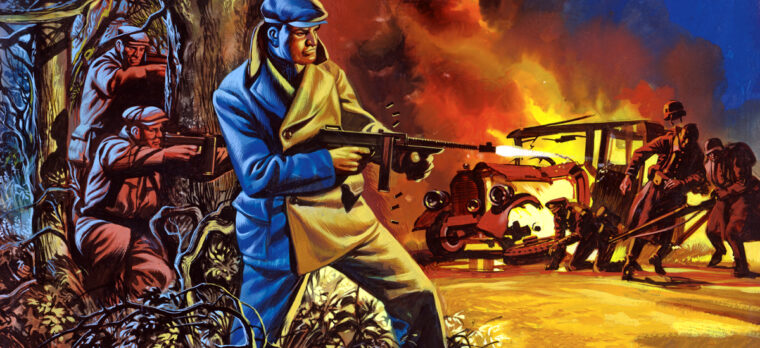
OSS
Along with three comrades, one of the Marine Corps heroes is still remembered in the small town of Centron in southeastern France. Read more
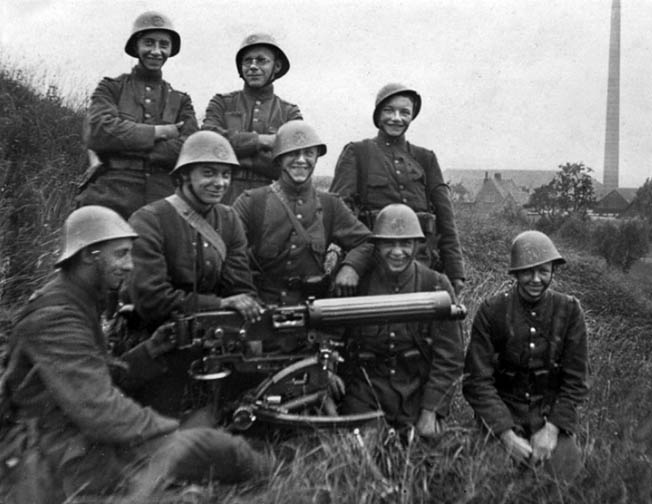
OSS
By John W. Osborn, Jr.
When world war engulfed Europe for the second time in a generation, the Netherlands placed its faith in the diplomatic delusion that it could remain neutral like it had during World War I. Read more
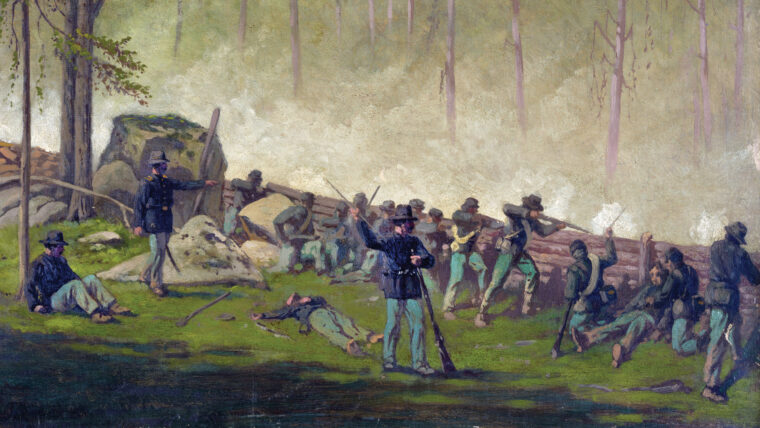
OSS
Although Union Colonel Silas Colgrove had previously led his men through some of the most horrific fighting in the eastern theater of the Civil War, the order he received on the morning of July 3, 1863, in the woods near Culp’s Hill at Gettysburg, was the most unnerving he had ever received. Read more
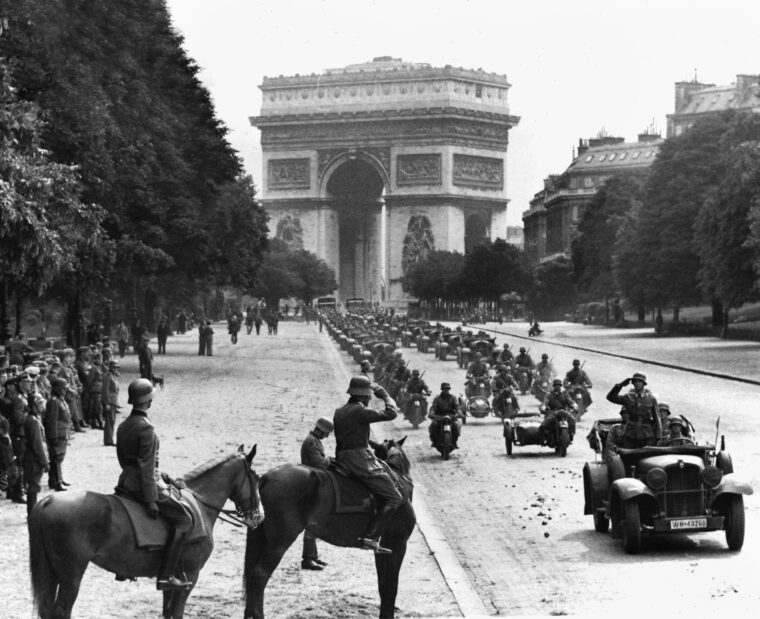
OSS
Early in June 1940, refugees from northern France and the low Countries who had flooded Paris in May fled with the residents of the city as the German advance neared. Read more
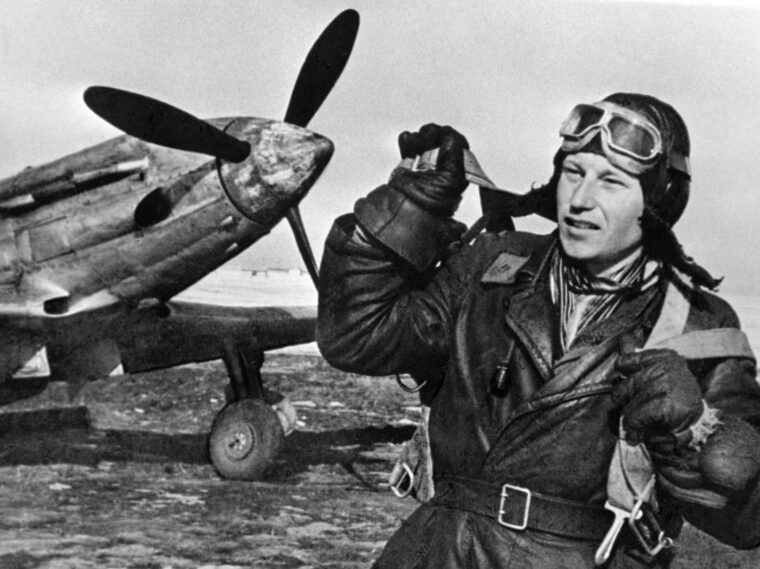
OSS
According to contemporary Soviet news sources, fighter Ace Alexander Pokryshkin was the most famous pilot in the Red Air Force during World War II. Read more
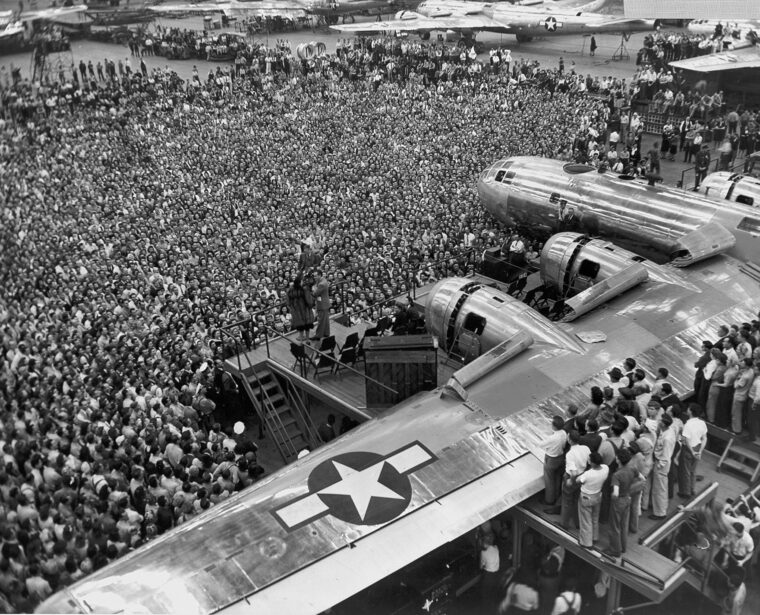
OSS
When Maj. Gen. Curtis Lemay, the hard-driving commander of the Twentieth U.S. Air Force based in Guam, decided to change tactics in early 1945 to boost the effectiveness of the B-29 Superfortress, it was the Bell Aircraft plant in Marietta, Georgia, that ultimately provided him with the stripped-down bombers that played such a key role in ending the war in the Pacific. Read more
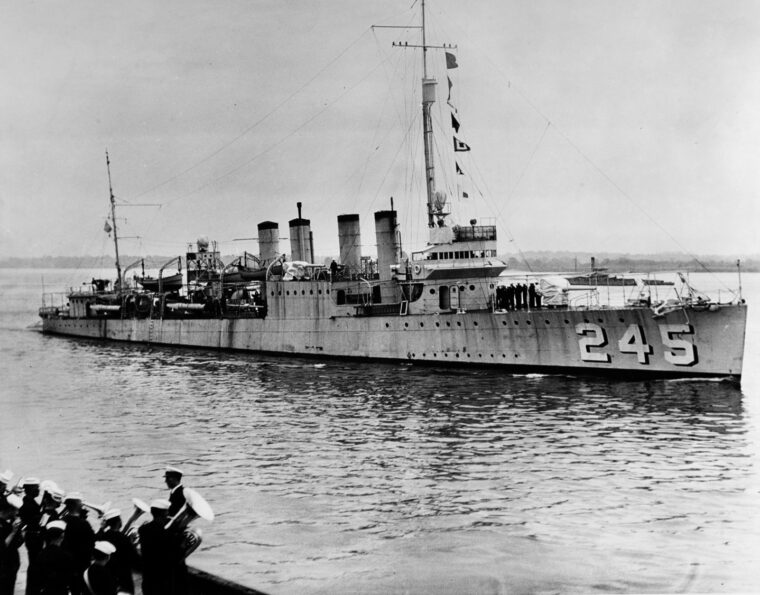
OSS
When the destroyer USS Reuben James (DD-245) was assigned to convoy duty in the North Atlantic in the autumn of 1941, its crew had a sense of foreboding and feared the worst. Read more
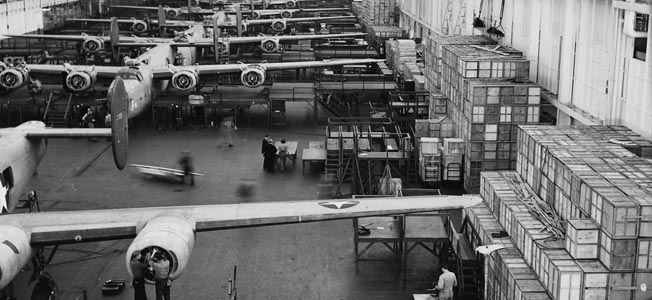
OSS
They said it couldn’t be done. Doubters chided Henry Ford for declaring that his Willow Run Bomber Plant could turn out a B-24 Liberator heavy bomber every hour. Read more
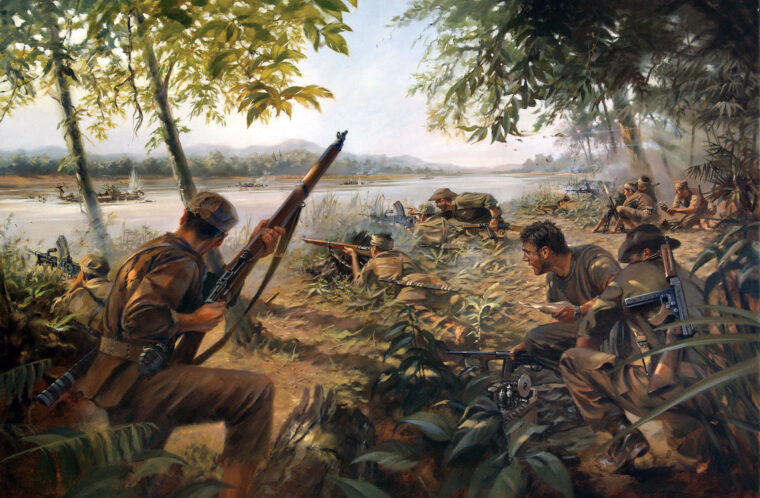
OSS
In utter silence, the saboteurs carefully wired their target for demolition. All knew even the slightest noise might alert sentries to their presence underneath the Occoquan Creek bridge in northern Virginia. Read more
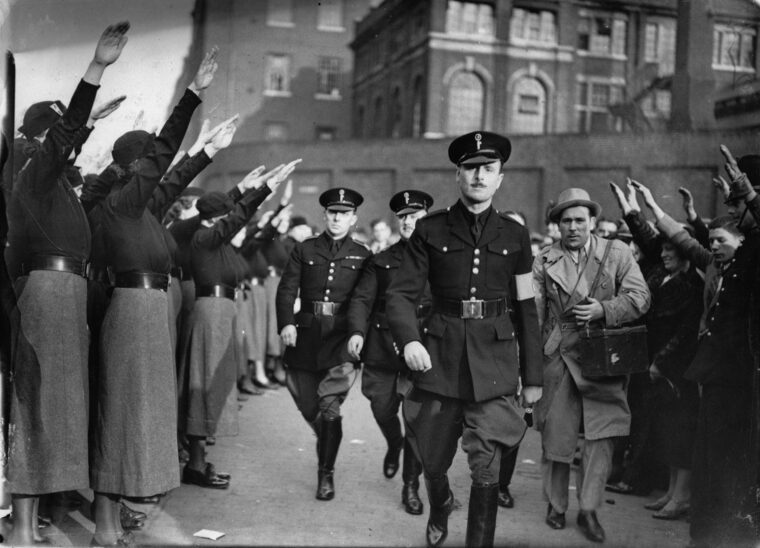
OSS
The most famous of the English-Language radio broadcasters from Nazi Germany was Brooklyn, New York-born William Joyce, known by the disparaging moniker Lord Haw Haw. Read more
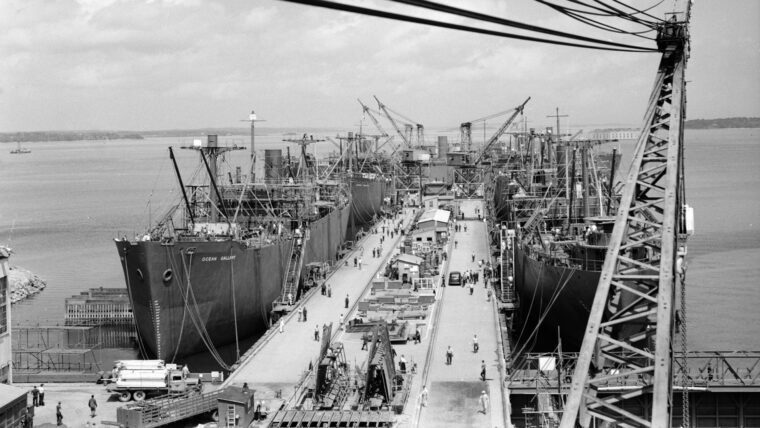
OSS
On March 14, 1988, a solemn ceremony took place at Arlington National Cemetery. Resplendent in their white caps and dress blues, the Marine body bearers laid to rest the ashes of Ernest Cuneo in the Columbarium with full military honors. Read more
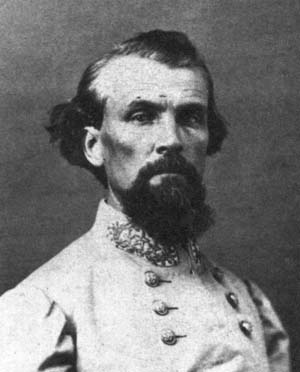
OSS
Prior to the American Civil War, Nathan Bedford Forrest amassed a fortune in real estate, agriculture, and the slave trade. Read more
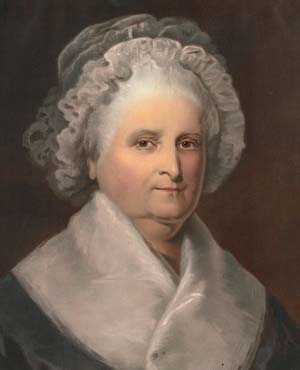
OSS
Martha Custis Washington, wife of General George Washington, came to the winter quarters of her husband’s army each winter of the Revolutionary War. Read more
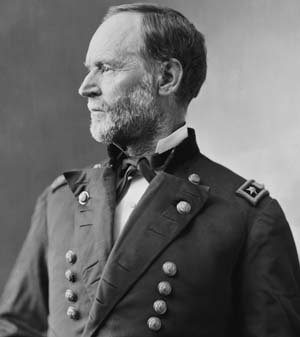
OSS
By Mike Haskew
Union General William T. Sherman was a friend and trusted subordinate of General Ulysses S. Grant, commander of all Union armies in the field during the Civil War. Read more
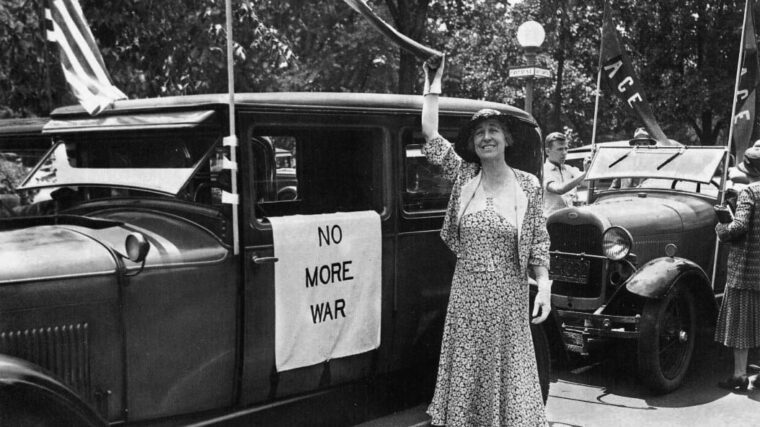
OSS
An Associated Press report described “a chorus of hisses and boos” that echoed through the chamber when the Congresswoman from Montana cast her vote. Read more
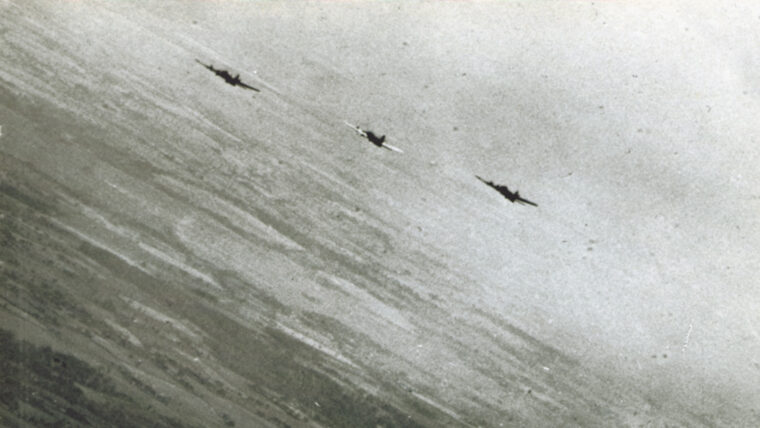
OSS
When it came to advanced military technology in World War II, arguably no one was better at it than Nazi Germany, whose scientists Adolf Hitler keep busy trying to invent the ultimate “super weapon” capable of defeating his enemies. Read more
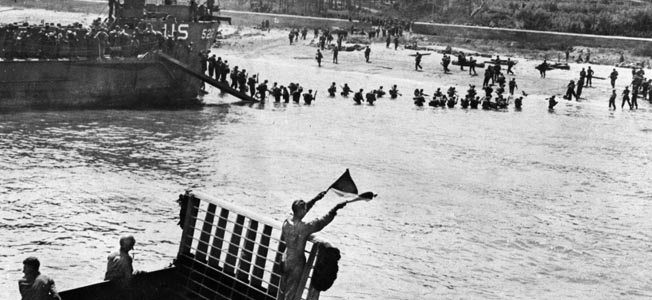
OSS
Early in 1944, German Field Marshal Erwin Rommel, the defeated hero of North Africa and now head of Army Group B in France, was tasked with strengthening the Atlantic Wall defenses against Allied invasion. Read more